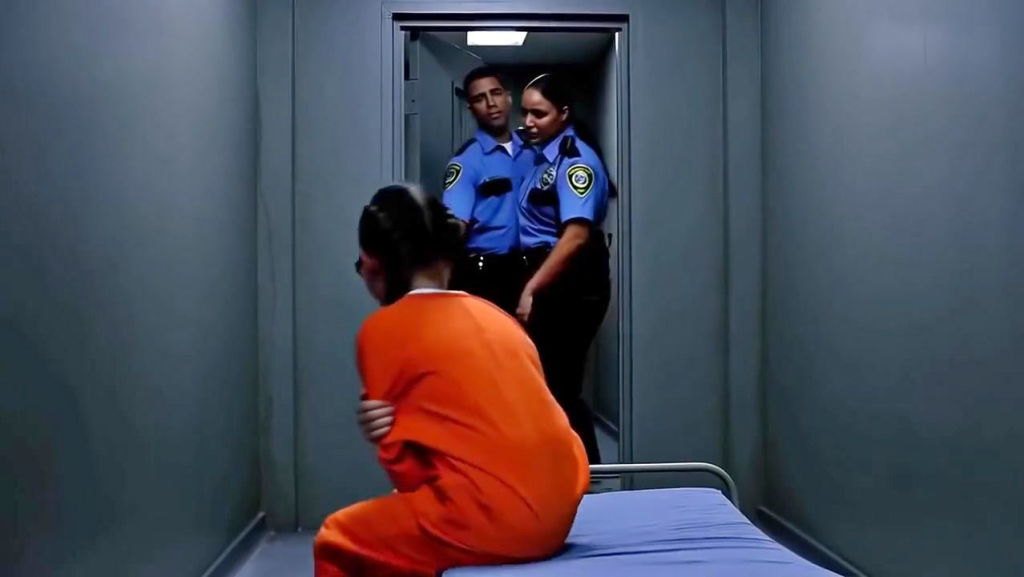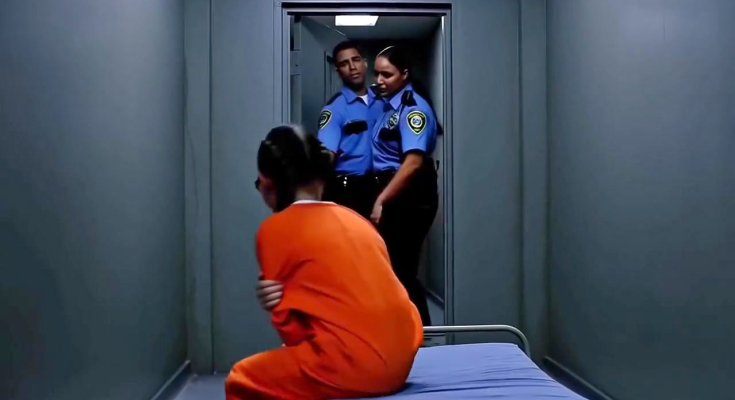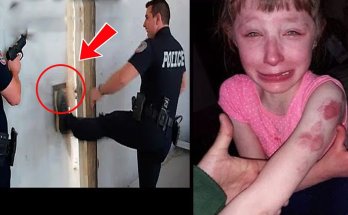
The United States, which holds one of the highest incarceration rates globally, continues to grapple with a deeply controversial and complex prison system—one that has sparked intense national debate and calls for reform.
International criticism and deep introspection about its judicial system have intensified, as reports reveal that at least 79 minors under the age of 14 are currently serving life sentences without the possibility of parole.
This alarming statistic was brought to light by human rights groups including Human Rights Watch and the Equal Justice Initiative, sparking widespread concern over juvenile justice practices in the United States.
This revelation has ignited intense debate about juvenile justice and the ethical boundaries of criminal punishment in the United States.
The cases behind these statistics are as varied as they are troubling. Some minors faced homicide charges connected to robberies, while others were convicted for involvement in crimes where they did not even wield a weapon. Many come from communities plagued by poverty, neglect, systemic racism, and domestic violence.
One of the most well-known cases is that of Lionel Tate, who was arrested at age 12 for the death of a 6-year-old girl during what was described as a simulated wrestling match. Though his sentence was eventually reconsidered, his case fueled ongoing discussions about trying and sentencing children as adults.
“Life sentences for children violate the fundamental principles of justice and children’s rights,” said Juan Méndez, former UN Special Rapporteur on the Elimination of Torture and other cruel treatment. “These youths have not yet reached full emotional, mental, or moral maturity. Condemning them to life in prison effectively denies them any chance for redemption or rehabilitation.”
On the other hand, judicial officials in several states contend that some offenses, even those committed by minors, are so severe that they warrant the harshest punishments. States such as Florida, Michigan, and Pennsylvania lead in the number of juveniles serving life sentences.
Over the past decade, the U.S. Supreme Court has made landmark decisions on this issue. In 2012, it ruled that mandatory life sentences for juveniles are unconstitutional, and in 2016, it extended this ruling retroactively. Despite this, many cases remain unreviewed.
Human rights groups continue to advocate for these cases to be reexamined and for the adoption of more compassionate policies. They recommend alternatives like restorative justice, programs supporting social reintegration, and regular sentence reviews.
“Childhood should be a time for growth and healing, not lifelong incarceration,” says civil rights lawyer Bryan Stevenson. “Sentencing a child to die in prison implies they cannot change, which contradicts both moral values and scientific understanding.”
In a society that continually wrestles with issues of justice, safety, and second chances, the fact that 79 minors are serving life sentences highlights a crucial truth: a nation’s humanity is measured by how it treats its most vulnerable children.



